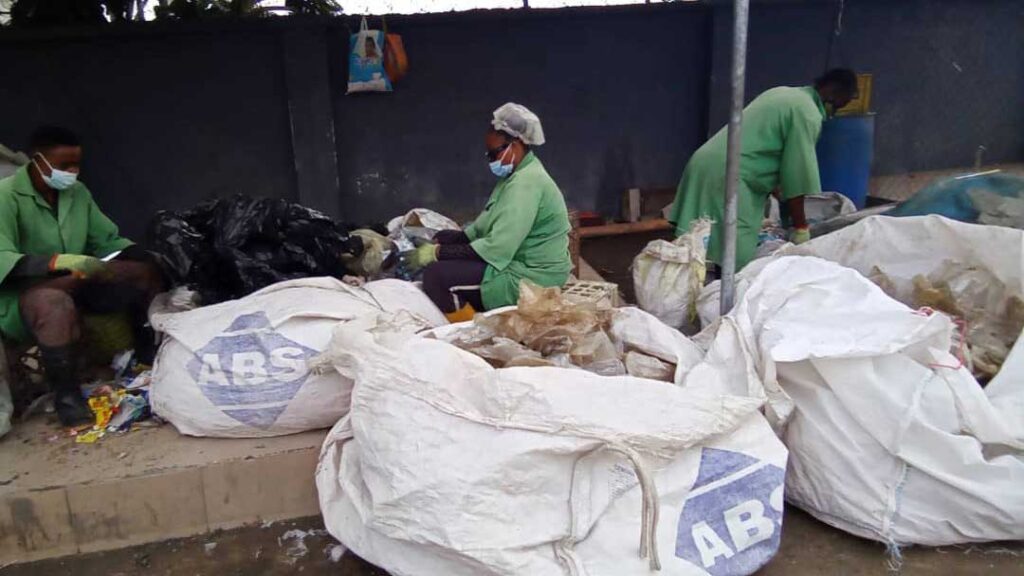 Sir: Many will argue that ICT (Information and Communication Technologies) has paved the way for a forward-growing global economy and spearheaded the progress of urbanisation. Nonetheless, it poses a significant threat because the use of electronic gadgets pollutes the environment.
Sir: Many will argue that ICT (Information and Communication Technologies) has paved the way for a forward-growing global economy and spearheaded the progress of urbanisation. Nonetheless, it poses a significant threat because the use of electronic gadgets pollutes the environment.
Pollution is caused by the lifestyles and use of ICT gadgets globally. The energy waste emitted in powering heavy use of the Internet by millions around the world and a load of accessing wireless networks are very high and that generates enough CO2 (carbon dioxide) to impact the environment adversely. ICT now accounts for over three per cent of global greenhouse emissions and that figure is said to more than triple by 2040. These figures would suggest that ICT has emissions greater than the aviation industry, which are currently around two per cent of global emissions. If there is one thing, we are very certain of, it is that these facts affect you more than you think.
The consequences of increased greenhouse gas emissions in Africa are expected to be catastrophic. Every occurrence of warming increases the likelihood of more droughts, floods, heat waves and crop failures.
Currently, rising sea levels are causing coastal erosion and the loss of villages such as Ogulagha, a coastal community in Burutu Local Government Area (LGA), Delta State. Floods are a common natural disaster in Nigeria and have become more prevalent in recent decades, wreaking havoc on agriculture, the economic system, coastal infrastructure, public health, coastal ecosystems and human habitation.
While flooding in the country increasingly becomes more frightening, there is the threat of a great drought that lurks around the corner. With desert conditions moving southward, droughts are predicted to continue to have a negative impact on socio-economic growth in the country.
Significant droughts occurred in 1973 and 1983 and all the information and data we have from the past and forewarnings for the near future tell us we cannot fold our arms and do nothing to fight this global threat from where we are. We need to unite as true Nigerians to engage in practices that can have a significant impact on pushing against these threats through the best use of ICT tools. The earlier we roll up our sleeves and aggressively campaign for this, the better chances we get at making some significant change before we arrive at a point where it begins to cost us economic collapse; doomsday.
According to a publication by a major energy supplier based in Bristol, England, named OVO, “if one person sends one fewer “thank you” email, it could save 16,433 tonnes of carbon a year. That would have the same effect as if we took 3,334 diesel cars off the road (so maybe you should reduce the number of thank you emails to those you can just say it to across the hall).”
• T TSWG Group.











